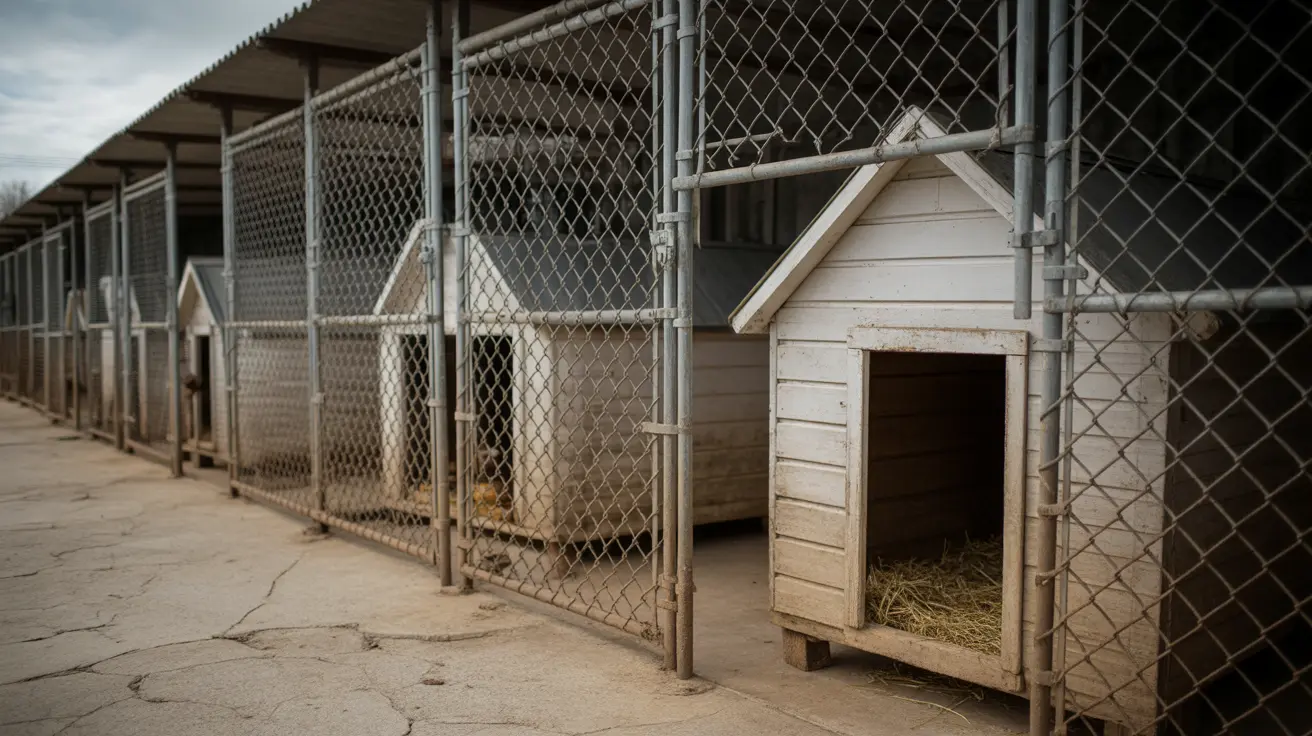Can Cats Eat Broccoli? Everything You Need to Know
Cats are known for their carnivorous diet, but every now and then, pet owners wonder if vegetables like broccoli can be a healthy treat for their feline companions. While it's clear that cats are
obligate carnivores—meaning they must consume animal-based proteins to meet their dietary needs—some vegetables can be introduced in moderation.
Is Broccoli Safe for Cats?
Yes,
broccoli is not toxic to cats and can be offered in small quantities as an occasional snack. This green vegetable contains beneficial nutrients such as:
- Fiber – aids in digestion
- Antioxidants – help fight free radicals
- Vitamins – especially A, C, and K
- Minerals – including potassium and magnesium
However, it’s important to note that cats do not gain as many nutritional benefits from vegetables as humans do due to differences in digestive systems.
How to Serve Broccoli to Cats
To safely offer broccoli to your cat:
- Thoroughly wash the broccoli
- Cut it into tiny pieces, about the size of your pinky nail or a teaspoon
- Steam or boil the broccoli until softened
- Serve plain – no seasoning, butter, oils, onions, or garlic
Cooking the broccoli makes it easier to digest and reduces the risk of choking or gastrointestinal blockages. Both the
florets, stalks, and leaves are safe if prepared properly.
How Often Can Cats Eat Broccoli?
Offer your cat broccoli
no more than once or twice a week in small amounts to avoid any digestive issues. Feeding too much broccoli can result in:
- Vomiting
- Diarrhea
- Abdominal discomfort
- Gas or flatulence
Monitoring your cat for signs of
gastrointestinal problems or allergic reactions is important when introducing new foods.
Which Cats Should Not Eat Broccoli?
Avoid feeding broccoli to any cat with the following conditions:
- Food allergies or sensitivities
- Digestive disorders like gastroenteritis or inflammatory bowel disease
- Thyroid issues – due to goitrogenic compounds in broccoli
Always discontinue feeding broccoli if you notice any adverse symptoms.
Other Vegetables Safe for Cats
There are several other vegetables that are generally safe for cats when cooked and provided in moderation:
- Carrots
- Green beans
- Peas
- Sweet potatoes
- Pumpkin
- Spinach (in small quantities only)
These should be thoroughly cooked and chopped into small pieces. Avoid canned options unless they are
low in sodium.
Vegetables to Avoid Completely
Some vegetables are
toxic or harmful to cats and should never be included in their diet:
- Onions
- Garlic
- Chives
- Leeks
- Shallots
- Avocado
- Unripe tomatoes and tomato plant leaves/stems
These can cause a range of issues from anemia to gastrointestinal upset and kidney failure.
Can Cats Eat Fruits?
Yes, but only in
very small amounts. Safe fruits include:
- Blueberries
- Bananas
- Apples (without seeds)
- Watermelon (seedless)
- Cantaloupe
- Strawberries
Due to their sugar content, fruits should be treated as occasional snacks.
Foods to Absolutely Avoid
These human foods pose significant health risks to cats:
- Chocolate
- Macadamia and walnut nuts
- Coffee or caffeine
- Xylitol (a sugar substitute)
- Alcohol
- Raw meat or fish
- Cooked bones
- Raw bread dough
How to Introduce Vegetables Safely
If you want to enhance your cat’s diet with vegetables:
- Discuss options with your veterinarian
- Ensure vegetables make up no more than 10% of your cat’s daily caloric intake
- Always monitor for negative reactions
Ultimately, a
meat-based and nutritionally complete cat food should remain the cornerstone of their diet.
Conclusion
Broccoli can be a healthy and safe occasional treat for cats if prepared properly and offered in moderation. However, it should never replace their primary protein-rich diet. Consult your vet before introducing any new foods, and always observe your pet for signs of intolerance. A balanced diet is crucial for your cat’s longevity and overall wellness.





